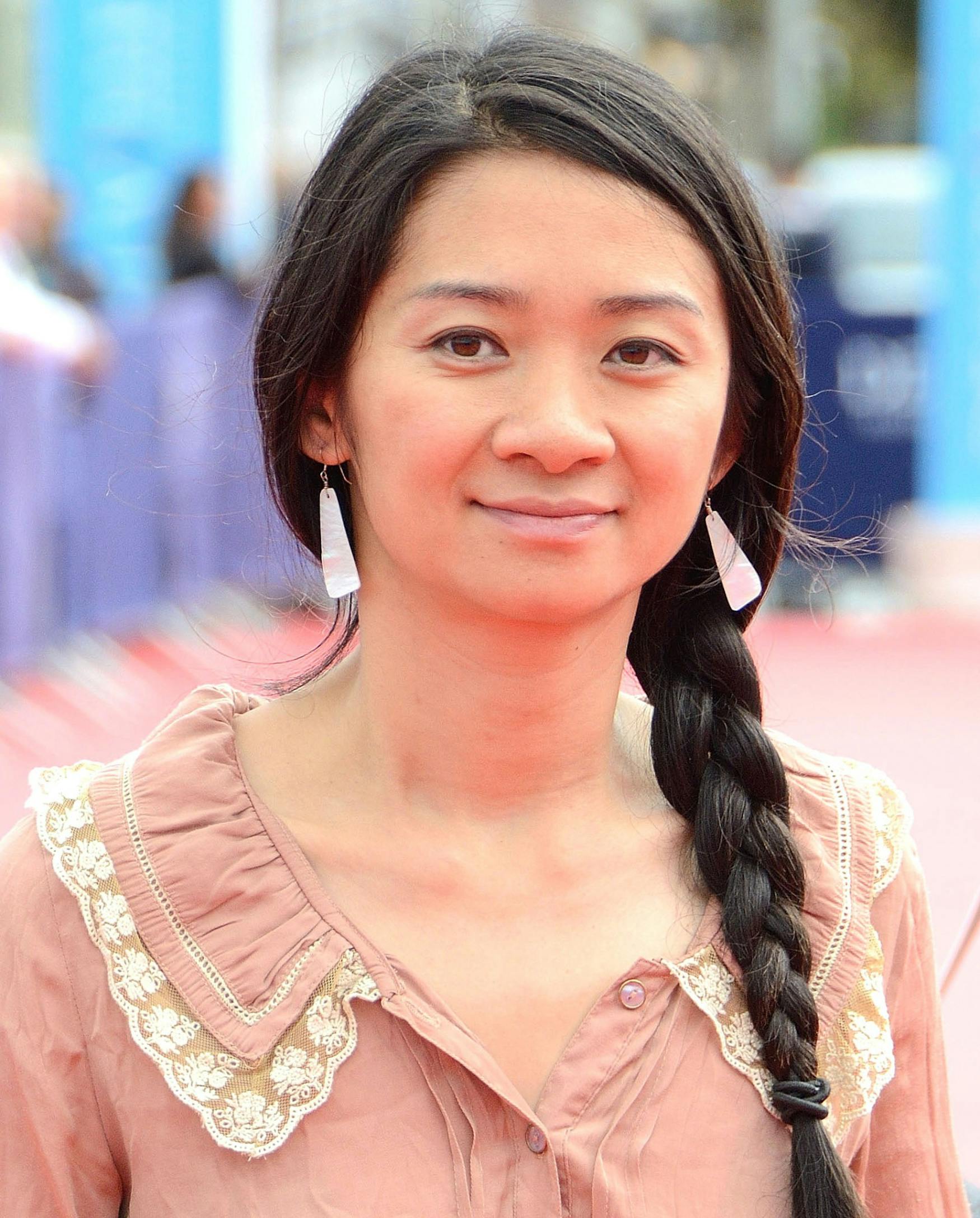Chloe Zhao’s ‘Nomadland’ more than earns its praise
Moments into its opening scene, “Nomadland” invites us to witness a deeply private moment: after leaving behind most of her belongings in a remote storage post, Frances McDormand’s Fern pulls her white van onto the side of the road, runs out into a vast field, disrobes below her waist and relieves herself. It is a definitive moment in a film full of them, one that makes clear from the outset that “Nomadland” will be unsparing in its depiction of reality.
This should come as no surprise upon consideration of Chloe Zhao’s earlier filmography, whose previous movies, “Songs My Brother Taught Me” and “The Rider,” imbue their narratives with a Malickian sense of realism. But with “Nomadland,” which recently became the first film to win top prizes at both the Venice and Toronto International Film Festivals, Zhao takes her neo-documentarian approach to transcendent levels. In telling the story of Fern, a recently-widowed, van-dwelling nomad, Zhao paints a distinctly American portrait of a woman rediscovering herself.
Fern is on the road for a simple reason: it is her best option. After the loss of her husband and discontinuation of her zip code, the cost of living out of her van is economically more feasible than finding a new house and job. Already past the age of 60, Fern struggles to find full-time work, and resorts to seasonal jobs like packing boxes at a remote Amazon facility. But when the weather gets too cold for her to sleep in the Midwest trailer park nearby, Fern migrates to Arizona, where she joins a camper community of fellow van-dwellers. The campground is filled with colorful characters, mostly played by nonactors billed simply by their first names. Some of the film’s most memorable performances come from real-life nomads named Linda May and Charlene Swankie. Bob Wells, one of the leaders of the nomad community, plays himself, and offers counsel to Fern in two memorable scenes. Other than McDormand, the only trained actor in the film is David Straithn, who plays Dave. Both he and McDormand blend in with their surroundings, giving equally grounded and natural performances.
Zhao’s direction of the film is nothing short of profound. She dwells in close-up shots of characters in improvised monologue without making her camera seem invasive, and never compromises that intimacy when transitioning to wide, sweeping shots of American wilderness. Shots of Fern against mountainous landscapes capture the emotional weight of the story, with the towering mountains over her ant-like figure reflecting the intense emotional journey of her character, a journey personal and small yet forceful. The sparing-yet-sprawling introductions of Lucio Einauddi’s music carry “Nomadland” from quiet beauty to pure cinematic poetry.
But there is nothing more impressive than McDormand’s performance. With Fern, she has brought a character to life unlike any other she has played in her storied career. In “Nomadland,” she seems more like a real person than a character. Fern is angry yet kind, tough yet playful. There is a childlike wonder to her. In one memorable scene, Fern skips around the desert like a kid in a playground — and yet, when she turns around, as if to look straight at us, there is an age-old wisdom in her eyes. Wise as she is, however, Fern is not immune to struggle. What becomes apparent as “Nomadland” progresses into its third act is that Fern’s journey is not only about her rediscovering the meaning of home, but it is also a story about grief and growth from it. Zhao’s perfect closing frames poignantly capture the image of a woman moving forward.
More than making an extraordinary movie, Zhao has made a classic genre her own by crafting what is perhaps the most ordinary and quietly powerful road movie of all time. Enchanting, heart-breaking, quiet — but nonetheless urgent — “Nomadland” is a must-see.
“Nomadland” premiered in September at the Venice Film Festival and will be released by Searchlight Pictures on Dec. 4.



Please note All comments are eligible for publication in The Justice.